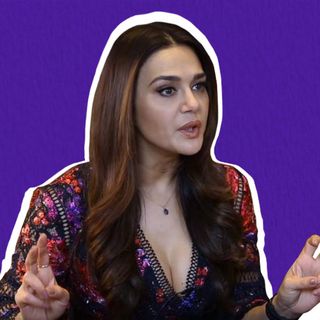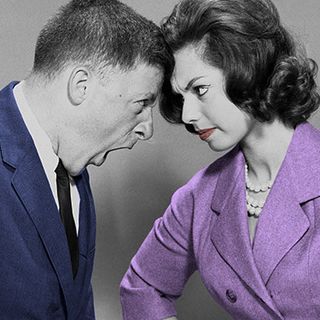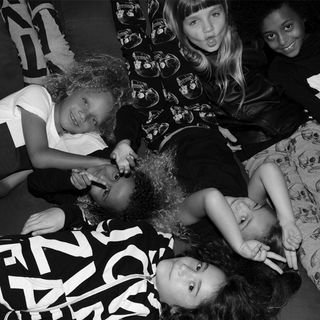Dear Jack,
You’ve been at the center of controversy for more than a day now, after holding up that poster that read, “Smash Brahminical Patriarchy.” I’m hoping the one Dalit journalist you chose to invite to your round-table discussion with women in the media primed you (of course, the burden of educating people must fall on her, just as she had to represent all Dalit voices in that meeting) about what it means before your press photo was clicked.
But in case she hadn’t, here’s what you were saying by holding up the poster :
- The Brahminical patriarchy is a complex hierarchical system of oppression, that ensures the subservience of lower-caste people, Dalits, and all women (including Brahmin women)
- We need to question this system and the concentration of power, within a certain societal strata, that is wielded to the detriment of others
- Twitter, as a social media platform that purportedly stands against hate speech, supports people speaking out against these abuses of power, and challenging oppressive hegemonies like the caste system
- As a company, we are taking a stand against Hindutva (which is different from Hinduism) and the way in which trolls on our platform uphold sexist and casteist harassment, discrimination, as well as the real-life consequences of this system, which are incredibly violent
The Twitter storm that followed accused you of many hurtful things, and I’m so sorry you had to face that for a couple of hours. Smita Barooah, a columnist, called you a “Brahmin hating, racist, bigot, masquerading as a woke Feminist,” and writer Sahana Singh said, “the real hate-spewing faces of Twitter, Presstards, Feminazis all in one photo.” It must have been horrible for you to deal with that kind of backlash, especially when what you were saying wasn’t hate speech at all, but instead calling for an end to an oppressive system.
It probably felt a lot like the kind of trolling and hatred the journalists in that meeting with you face on a regular basis, on your social media platform. Maybe you even discussed this with them, seeing how the topic of conversation was supposed to be around understanding their experiences on Twitter.
So, in the spirit of obvious explanation, let me explain what it means when you apologize to these trolls. When you backpedal like this, you’re not just shrugging off an important stand, you’re actively allowing hateful backlash to control your own platform, to inform your opinions and your company’s policy.
The public apology from Twitter, stating that the poster’s sentiment is “not reflective of our views” does an incredible amount of damage, in that it tells trolls how much power they wield — and how okay Twitter is with them exercising that power to shut down voices they don’t agree with.
We have seen the results of the kind of trolling your apology validates — specific voices, who are targeted for being outspoken about challenging oppressive power structures, are leaving Twitter because of the abuse they face. But somehow, your algorithms and policies don’t seem to register hate speech against minorities or women — yet they block, suspend, or withhold accounts of activists and journalists, because the Indian government has asked you to.
To say that “Twitter strives to be an impartial platform for all” is a cop-out that makes you complicit in a deeply unequal and often violent on- and offline status quo. Free speech is one thing, but allowing all voices equal opportunity, when some are responsible for instigating abuse and perpetuating oppression, is not up for debate. Twitter’s stance on this should be crystal clear.
While you mull over what and who your company should represent, perhaps it’s been helpful for you to learn what being on the receiving end of that special blend of Twitter-hatred trolls out here are fluent in (and sometimes paid for). And perhaps, next time, you’ll have the courage to speak out against oppression, regardless of the backlash, the way so many people do on your platform everyday.




